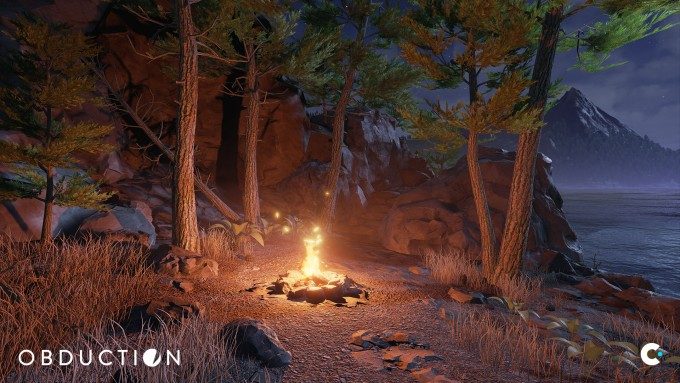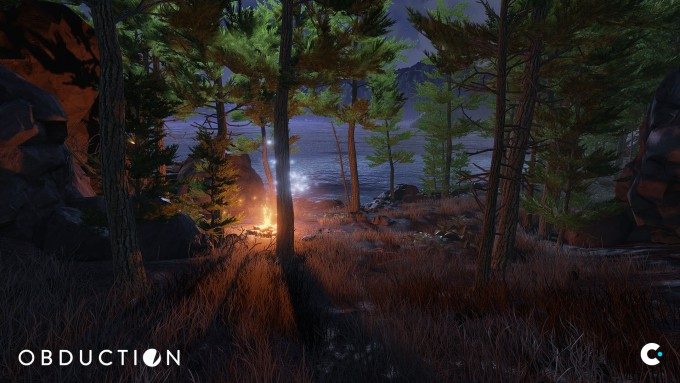A street date for the long-awaited VR-enabled Obduction, created by Cyan, a development studio set up by some of the team behind classic PC adventure Myst, has finally been announced.
Obduction was one of the very first titles we covered back in 2013, and was one of the early success stories for crowd funded projects, having raised some $1.1M on the then fledgling Kickstarter platform.
The title was created by members of the original Myst (and it’s sequel Riven) development team, with the project launching on that game’s 20th anniversary. The news for us of course was that (as an increasing number of projects were) the title was touting Oculus Rift support. Other than its obvious heritage for the nostalgic, ageing gamers out there, Obduction sported some pretty startling production design and the more sedate, puzzle oriented of the promised gameplay seemed ideal for virtual reality.
Since then title has kept a relatively low profile, but Cyan have now released a new trailer for the title giving us probably the longest look yet at what to expect from the title, now with a release date set for July 24th this year.
Powered by Epic’s Unreal Engine 4, the game looks beautiful with that original Kickstarter concept production design now shining through in sumptuous looking, real-time rendered environments. And, unlike some early titles whose VR support waned during production, the Cyan team are planning Oculus Rift support right out of the gate. Not only that, they’ll be one of the first titles to take advantage of VR specific rendering technologies found in Nvidia’s latest Pascal-based GeForce GTX 1080 and 1070 GPUs, specifically Simultaneous Multi Projection and Lens Matched Shading, a hardware assisted technique to handle the rendering of multiple views (for example, stereoscopic VR) of a scene in a single pass, in theory increasing performance substantially.
Cyan recently pushed their release date from June to July 2016 citing Unreal Engine updates and some Oculus Rift support polishing requirements, but the title will be part of the Indiecade Showcase at E3 this month, with an early playable demo for the title available at UploadVR’s E3 party on June 14th.
Road to VR will of course be on the show floor at E3 2016 to bring you the latest VR news.








